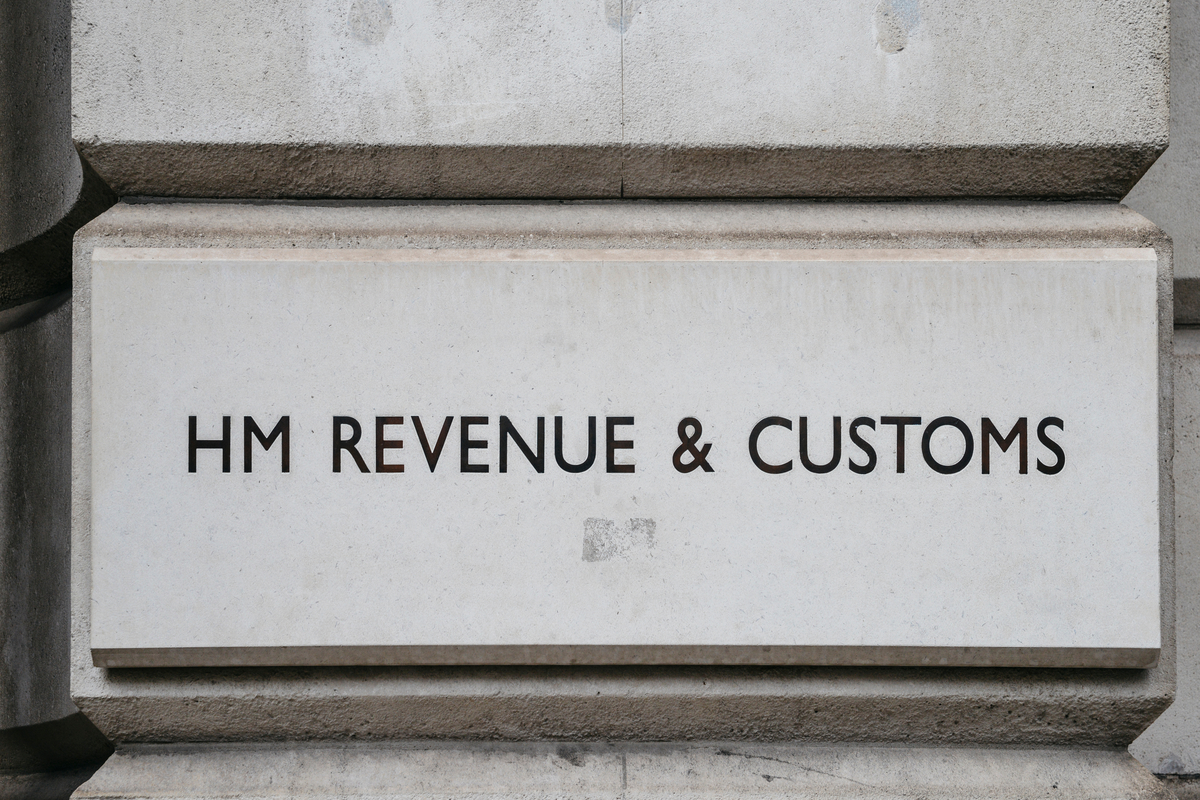R3 issues warning as HMRC gets preferential creditor status
The insolvency and restructuring trade body R3 has hit out at HMRC’s new creditor status, which means that from December 1, the tax authority will be paid in full before other creditors during insolvencies.

After the Finance Bill received royal assent on Wednesday July 22, HMRC will become a preferential creditor in insolvencies from December 1, which means it will be paid before other creditors, including providers of floating charge finance, the company pension scheme, and the company’s suppliers or customers.
This marks a change from the current approach where HMRC is paid alongside unsecured creditors.
R3’s past president Duncan Swift warned that HMRC’s new creditor status will harm business rescue efforts at a critical time for the economy.
He said: “HMRC’s increased payment from insolvencies has to come from somewhere – and it will come from what’s owed to an insolvent business’s other creditors. Now that these creditors will only receive a return once HMRC has been paid in full, it will be much harder to secure their support for rescue plans.
“Floating charge finance – that is, funds borrowed using changing assets such as stock or work-in-progress – will also rank below HMRC’s claim as of December, meaning that provision of this type of finance will become more expensive and harder to come by. This will be another blow to companies which are trying to turn themselves around, which need all the funding they can get.”
Swift argued that at a time when businesses and the economy are struggling following the Covid-19 pandemic, the government has made the process of rescuing struggling businesses “more difficult and more complex.”
He added: “It’s ironic that this measure, which is being brought in to try to boost the tax take, is likely to reduce the amount of tax collected, as potentially viable companies are not able to be rescued and are forced to close.”
Swift made the case that a better option would be to look at how HMRC could be a more engaged creditor in the insolvency process.
Stay up-to-date with the latest articles from the Credit Strategy team
Get the latest industry news






